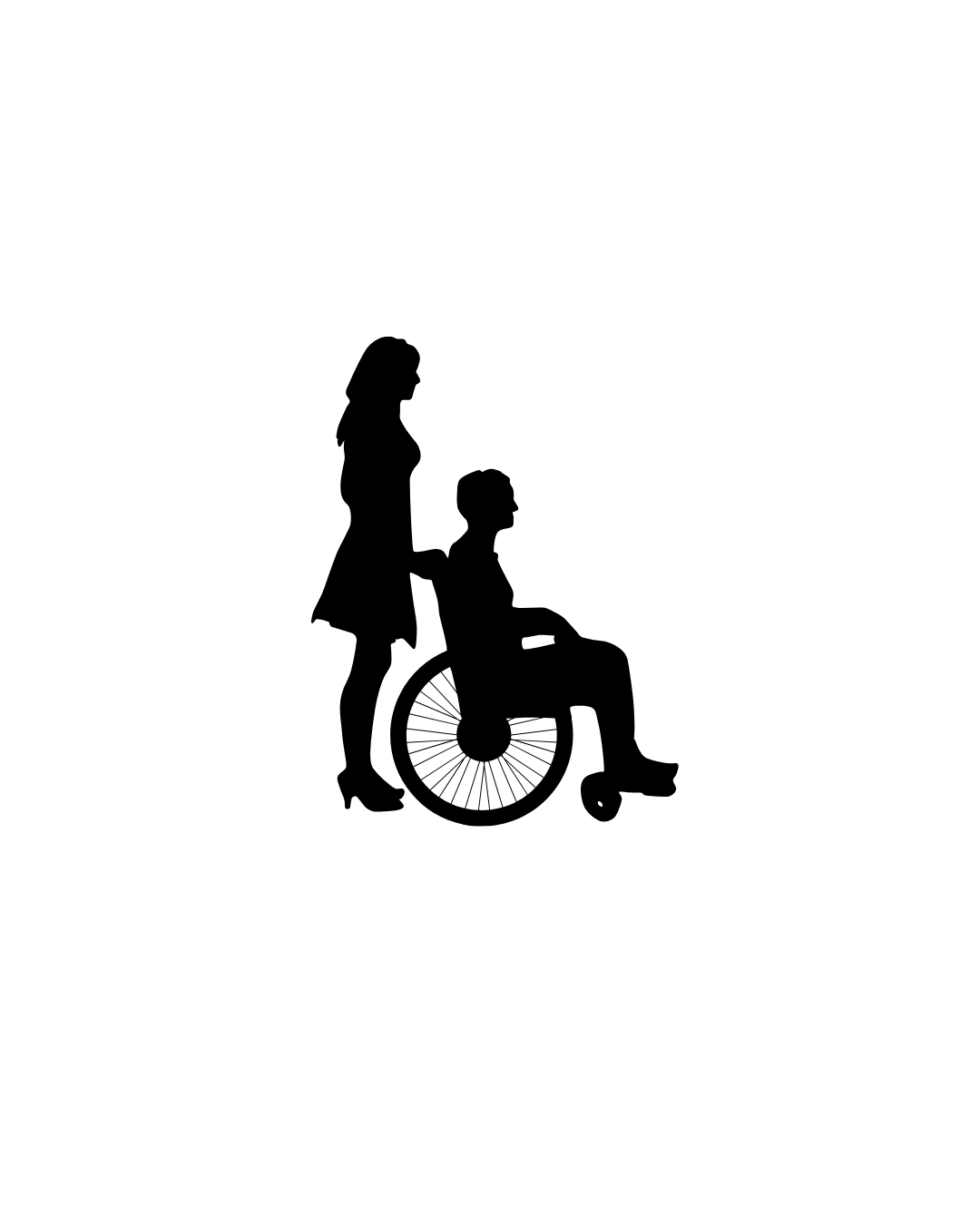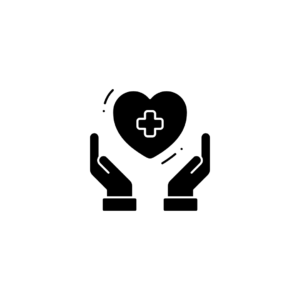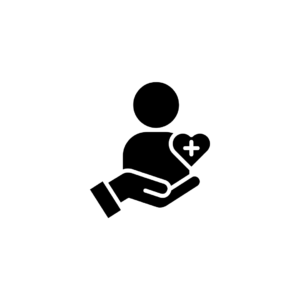Description
An Advanced Diploma in Health Care Assistant is designed to equip students with the essential skills and knowledge needed to provide high-quality care and support in various healthcare settings. This program prepares graduates to work effectively as health care assistants (HCAs) in hospitals, clinics, long-term care facilities, and community health services.
Course Details:
Duration: Typically 1 to 2 years, depending on the institution and program structure.
Eligibility: Generally requires a high school diploma or equivalent; a background in healthcare, nursing, or social services may be advantageous.
Mode of Study: Available in full-time, part-time, or online formats, combining theoretical learning with practical experience.
Curriculum:
The curriculum for an Advanced Diploma in Health Care Assistant generally includes the following key areas:
1. Introduction to Health Care
Overview of Healthcare Systems:
Understanding the healthcare delivery systems and the role of health care assistants within these systems.
Patient Rights and Ethics:
Learning about patients’ rights, ethical considerations, and professionalism in healthcare settings.
2. Basic Clinical Skills
Personal Care Skills:
Techniques for assisting with daily living activities, such as bathing, dressing, grooming, and toileting.
Vital Signs Monitoring:
Training on how to accurately measure and record vital signs (temperature, pulse, respiration, and blood pressure).
3. Communication Skills in Healthcare
Effective Communication:
Developing skills for effective communication with patients, families, and healthcare teams.
Cultural Competence:
Understanding the importance of cultural sensitivity and how to communicate respectfully with diverse populations.
4. Patient Safety and Infection Control
Infection Prevention:
Best practices for preventing infections and maintaining a safe environment for patients.
Health and Safety Regulations:
Understanding the regulations and guidelines that govern patient safety in healthcare settings.
5. Support for Individuals with Special Needs
Assisting Individuals with Disabilities:
Techniques for providing tailored support to patients with physical, intellectual, or emotional challenges.
End-of-Life Care:
Understanding compassionate care practices for patients facing terminal illnesses.
6. Health Promotion and Education
Health and Wellness Promotion:
Strategies for promoting healthy lifestyles and disease prevention within communities.
Patient Education:
Techniques for educating patients and their families about health management and resources available.
7. Teamwork and Collaboration
Working in Health Care Teams:
Skills for collaborating effectively with other healthcare professionals to provide optimal patient care.
Conflict Resolution:
Strategies for managing conflicts and enhancing teamwork in healthcare environments.
8. Documentation and Record Keeping
Health Records Management:
Understanding the importance of accurate documentation and how to maintain patient records following privacy regulations.
Reporting and Communication Protocols:
Procedures for communicating patient needs and changes in condition to the healthcare team.
9. Practical Training and Field Experience
Clinical Placements:
Hands-on experience in real healthcare settings, allowing students to apply their skills under professional supervision.
Capstone Projects:
Completing a project that demonstrates the integration of knowledge and skills acquired throughout the program.
Assessment:
Assessment methods in this program may include:
Written Examinations:
Testing theoretical knowledge of healthcare concepts.
Practical Skills Evaluations:
Assessing hands-on skills in providing care and performing clinical tasks.
Group Projects and Presentations:
Collaborative work to address real-world healthcare challenges.
Career Opportunities:
Graduates of the Advanced Diploma in Health Care Assistant can pursue various roles, including:
Health Care Assistant: Providing direct support to patients in hospitals, nursing homes, and home care settings.
Support Worker: Assisting individuals with disabilities or special needs in community-based programs.
Rehabilitation Assistant: Supporting rehabilitation programs for patients recovering from illness or injury.
Personal Support Worker: Delivering personal care to individuals in their homes or assisted living facilities.
Community Health Worker: Engaging with communities to promote health education and resources.
This advanced diploma program prepares students to be compassionate, skilled health care assistants who contribute significantly to the well-being of patients and the efficiency of healthcare systems. If you have more questions or need further information, feel free to ask!









